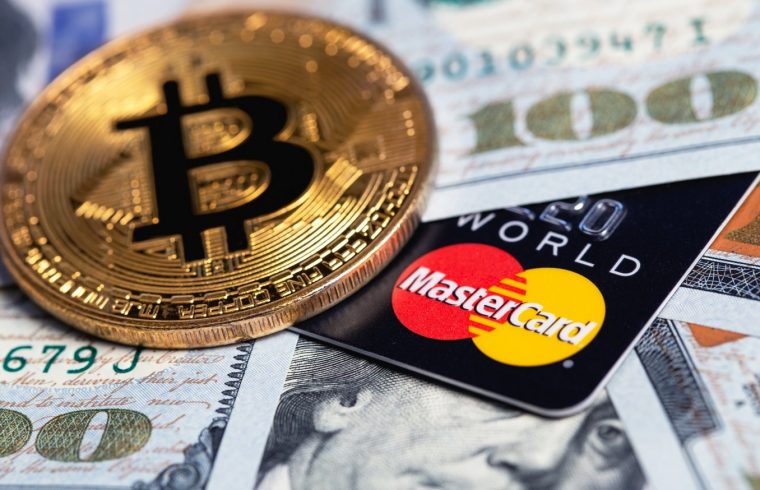Mastercard is introducing a peer-to-peer platform for cryptocurrency users across Europe and Latin America, named the Mastercard Crypto Credential network.
Currently in its pilot phase, this network enables cross-border transactions on certain crypto exchanges, enhancing Mastercard’s efforts to integrate digital assets into the growing cross-border payments sector.
“As interest in blockchain and digital assets continues to surge in Latin America and around the world, it is essential to keep delivering trusted and verifiable interactions across public blockchain networks,” stated Walter Pimenta, executive vice president of product and engineering for Latin America and the Caribbean at Mastercard.
The P2P network allows users to use Mastercard Crypto Credential aliases for transactions. These aliases function as vanity addresses, similar to the Ethereum Name Service (ENS) on the Ethereum network. This setup simplifies the process by replacing the traditional long string of wallet addresses with more user-friendly labels.
Mastercard’s crypto feature is expected to streamline cross-border payments, particularly in the remittances sector, which saw an estimated $831 billion in global remittances in 2022, up from $717 billion in 2020.
The pilot program includes Mastercard’s partners Bit2Me, Lirium, Mercado Bitcoin, and wallet provider FoxBit. By assigning human-readable aliases verified by Mastercard, the program helps reduce user error and mitigate financial loss by pre-screening transactions to ensure compatibility of crypto assets with the recipient’s address.
Despite these advancements, concerns about centralization and security persist. The Mastercard Crypto Credential program relies on the company to verify user identities and screen transactions, raising issues about data security and user privacy. Historically, Mastercard has faced multiple data breaches, exposing over 40 million accounts to hackers since 2005.
Earlier in March, Mastercard teamed up with Nexi, a payment technology company in Europe, to bring open banking payment options to shoppers across Europe.
Open banking is a modern payment method that lets people use their existing bank account to pay online quickly. Instead of the usual way of paying, where you might enter your card details, open banking uses the security measures you already have with your bank.












